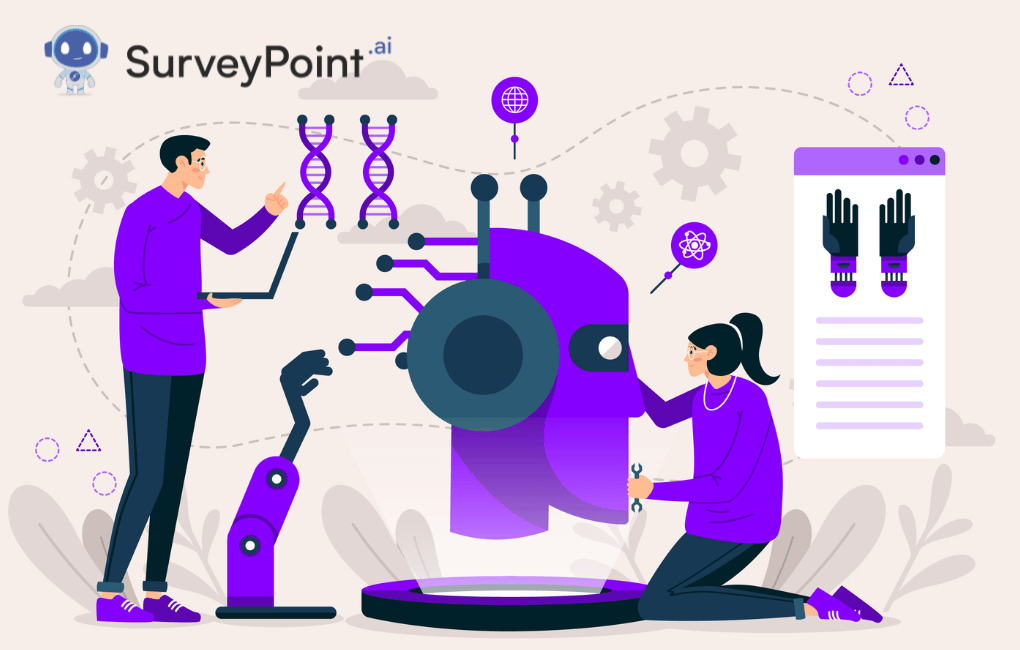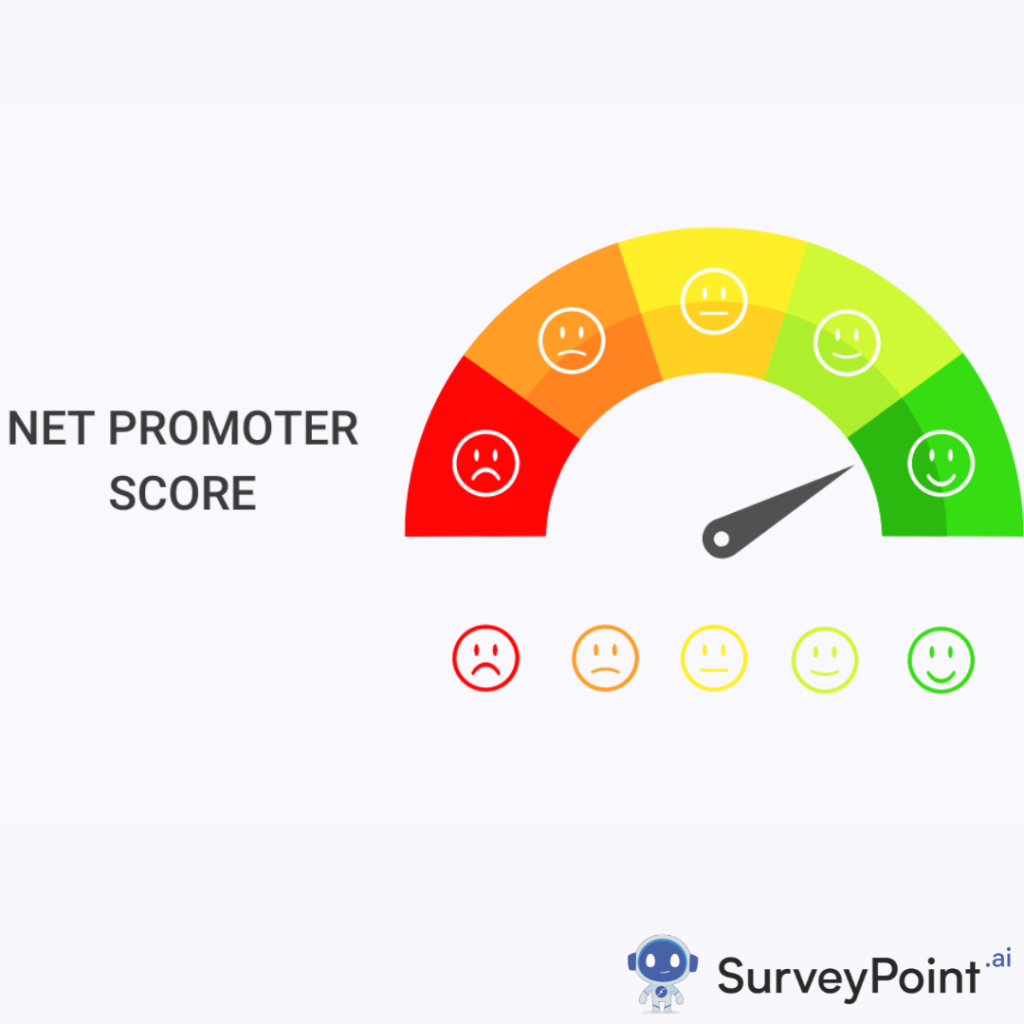
Artificial intelligence (AI) has become a transformative force across industries, with human resources (HR) being no exception. Traditionally, HR tasks have been labor-intensive, requiring significant time and resources. However, with AI’s integration into HR processes, the landscape is rapidly evolving. This blog explores how AI is revolutionizing HR jobs and tasks, offering a comprehensive look at its impact, benefits, challenges, and future prospects.
The Rise of AI in HR
Understanding AI in HR
Artificial Intelligence in HR involves the use of machine learning algorithms, natural language processing (NLP), and data analytics to automate and enhance various HR functions. AI can perform tasks that range from simple, repetitive actions to complex decision-making processes, thereby transforming traditional HR roles.
The Evolution of HR Technology
HR technology has come a long way from basic payroll software to sophisticated AI-driven platforms. Initially, HR technology focused on automating administrative tasks like payroll and attendance. Over time, it has evolved to include more advanced capabilities such as talent management systems, employee engagement platforms, and now, AI-powered tools that can predict trends, analyze behavior, and even conduct interviews.
How AI is Transforming HR Jobs and Tasks
1. Recruitment and Talent Acquisition
One of the most significant impacts of AI in HR is in the recruitment and talent acquisition process. AI-powered tools can:
- Resume Screening: AI can scan thousands of resumes in seconds, filtering out the most relevant candidates based on predefined criteria. This reduces the time spent on manual screening and ensures a more objective selection process.
- Candidate Matching: AI algorithms can match candidates to job roles based on their skills, experience, and cultural fit, improving the quality of hires.
- Predictive Analytics: AI can predict a candidate’s potential performance and likelihood of staying with the company, helping HR professionals make informed hiring decisions.
- Interview Automation: AI-driven chatbots can conduct initial interviews, asking candidates standardized questions and evaluating their responses using NLP. This frees up HR professionals to focus on more strategic aspects of recruitment.
2. Onboarding
AI is streamlining the onboarding process, making it more efficient and engaging for new employees. AI tools can:
- Personalized Onboarding: AI can create personalized onboarding plans based on the employee’s role, department, and previous experience. This ensures that new hires receive the right training and resources from day one.
- Virtual Assistants: AI-powered virtual assistants can guide new employees through the onboarding process, answering questions, and providing information on company policies, benefits, and culture.
- Automated Document Management: AI can automate the process of collecting, storing, and verifying onboarding documents, reducing administrative workload and ensuring compliance.
3. Employee Engagement and Experience
AI is playing a crucial role in enhancing employee engagement and experience. By analyzing data from various sources, AI can:
- Employee Sentiment Analysis: AI can analyze employee feedback from surveys, emails, and social media to gauge overall sentiment and identify areas of concern. This helps HR professionals address issues before they escalate.
- Personalized Employee Experience: AI can tailor the employee experience by recommending training programs, career development opportunities, and wellness initiatives based on individual preferences and needs.
- Predictive Employee Retention: AI can predict which employees are at risk of leaving the company and suggest interventions to improve retention, such as career development opportunities or changes in management.
4. Learning and Development
AI is revolutionizing learning and development (L&D) by making it more personalized, efficient, and effective. AI-driven L&D tools can:
- Personalized Learning Paths: AI can create personalized learning paths for employees based on their skills, career goals, and learning preferences. This ensures that employees receive the right training at the right time.
- Content Curation: AI can curate learning content from various sources, recommending the most relevant materials to employees based on their learning history and job requirements.
- Learning Analytics: AI can analyze employee learning data to measure the effectiveness of training programs, identify skill gaps, and suggest areas for improvement.
5. Performance Management
Performance management is another area where AI is making a significant impact. AI-powered tools can:
- Continuous Performance Feedback: AI can facilitate continuous performance feedback by analyzing employee data and providing real-time insights to managers. This helps create a more dynamic and responsive performance management process.
- Objective Performance Evaluation: AI can analyze performance data to provide objective evaluations, reducing bias and ensuring fairness in performance reviews.
- Goal Setting and Tracking: AI can help employees set realistic goals and track their progress over time, providing insights on how to achieve their objectives more effectively.
6. Workforce Planning and Analytics
AI is transforming workforce planning and analytics by providing HR professionals with powerful tools to predict and plan for future workforce needs. AI can:
- Predictive Workforce Analytics: AI can analyze historical data to predict future workforce trends, such as hiring needs, turnover rates, and skill gaps. This helps HR professionals make data-driven decisions about staffing and resource allocation.
- Strategic Workforce Planning: AI can assist in strategic workforce planning by identifying the skills and roles needed for future business success and suggesting strategies for acquiring and developing those skills.
- Diversity and Inclusion Analytics: AI can analyze workforce data to identify diversity and inclusion gaps, helping HR professionals create more inclusive workplaces.
The Benefits of AI in HR
1. Increased Efficiency and Productivity
AI significantly increases efficiency and productivity in HR by automating repetitive tasks, such as resume screening, onboarding, and performance evaluations. This allows HR professionals to focus on more strategic and value-added activities, such as talent management and employee engagement.
2. Improved Decision-Making
AI enhances decision-making in HR by providing data-driven insights and predictions. For example, AI can predict which candidates are most likely to succeed in a role or which employees are at risk of leaving. This helps HR professionals make more informed decisions and improve outcomes.
3. Enhanced Employee Experience
AI improves the employee experience by providing personalized support and recommendations. For example, AI can create personalized learning paths, recommend career development opportunities, and provide real-time feedback on performance. This helps employees feel more engaged and supported in their roles.
4. Reduced Bias in HR Processes
AI can help reduce bias in HR processes by providing objective data and insights. For example, AI can analyze performance data to provide objective evaluations, reducing the impact of unconscious bias in performance reviews. AI can also ensure that candidates are selected based on their skills and experience rather than subjective factors.
5. Cost Savings
AI can help HR departments save costs by automating tasks that would otherwise require significant time and resources. For example, AI can automate the process of screening resumes, reducing the need for manual review. AI can also predict which employees are at risk of leaving, allowing HR to take proactive measures to retain top talent and reduce turnover costs.
The Challenges of Implementing AI in HR
1. Data Privacy and Security
One of the biggest challenges of implementing AI in HR is ensuring data privacy and security. AI systems often require access to large amounts of sensitive employee data, such as performance evaluations, feedback, and personal information. HR departments must ensure that this data is protected and used responsibly.
2. Ethical Considerations
AI in HR raises several ethical considerations, such as the potential for bias in AI algorithms and the impact of AI on job displacement. HR professionals must ensure that AI is used in a way that is fair, transparent, and ethical.
3. Change Management
Implementing AI in HR requires significant changes to existing processes and systems. HR departments must manage these changes carefully to ensure a smooth transition and minimize disruption. This includes training HR professionals on how to use AI tools effectively and ensuring that employees are comfortable with the new technology.
4. Integration with Existing Systems
Another challenge of implementing AI in HR is integrating AI tools with existing HR systems. HR departments must ensure that AI tools are compatible with their current systems and processes and that they can be easily integrated without causing disruptions.
5. Keeping Up with Technological Advancements
AI technology is constantly evolving, and HR departments must keep up with the latest advancements to stay competitive. This requires ongoing investment in AI tools and training, as well as a commitment to continuous learning and development.
The Future of AI in HR
1. The Growing Role of AI in HR Strategy
As AI continues to evolve, it will play an increasingly important role in HR strategy. AI will not only automate HR tasks but also provide strategic insights that can help HR professionals drive business success. For example, AI can predict future workforce trends, identify skill gaps, and suggest strategies for talent management and employee engagement.
2. AI-Driven HR Innovation
AI will drive innovation in HR by enabling new approaches to talent management, employee engagement, and workforce planning. For example, AI-powered chatbots can provide personalized support to employees, while AI-driven analytics can identify opportunities for improving diversity and inclusion.
3. The Human-AI Partnership in HR
The future of AI in HR will be characterized by a partnership between humans and AI. While AI will automate many HR tasks, human HR professionals will continue to play a crucial role in decision-making, relationship-building, and strategic planning. The key to success will be finding the right balance between AI automation and human expertise.
4. The Ethical Use of AI in HR
As AI becomes more integrated into HR processes, there will be a growing focus on the ethical use of AI. HR professionals will need to ensure that AI is used in a way that is fair, transparent, and respectful of employee privacy and rights. This will require the development of ethical guidelines and best practices for AI in HR.
Conclusion: Embracing AI in HR
AI is revolutionizing the HR landscape, offering significant benefits like increased efficiency, improved decision-making, and enhanced employee experiences. However, to successfully integrate AI into HR, organizations must address challenges related to ethics, data privacy, and system integration. AI’s role is not to replace human professionals but to augment their capabilities, allowing HR teams to focus on strategic initiatives that drive organizational success. As AI continues to evolve, HR professionals must embrace new technologies while maintaining the human touch that is essential to the HR function.
Ultimately, AI in HR represents a powerful tool that, when used responsibly, can lead to more efficient and effective HR practices. By investing in the right AI tools, providing necessary training, and establishing ethical guidelines, organizations can leverage AI to create a more inclusive, engaging, and supportive work environment. The future of HR will be defined by a harmonious partnership between human expertise and AI-driven innovation, positioning organizations to thrive in a competitive and dynamic business landscape.
4o




